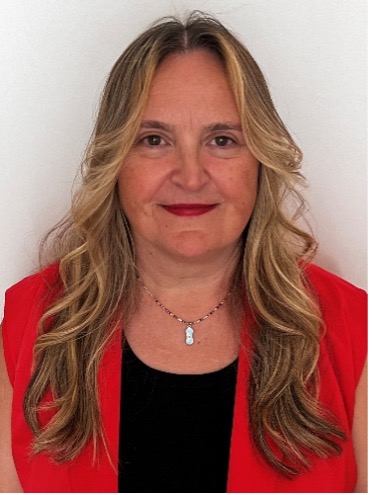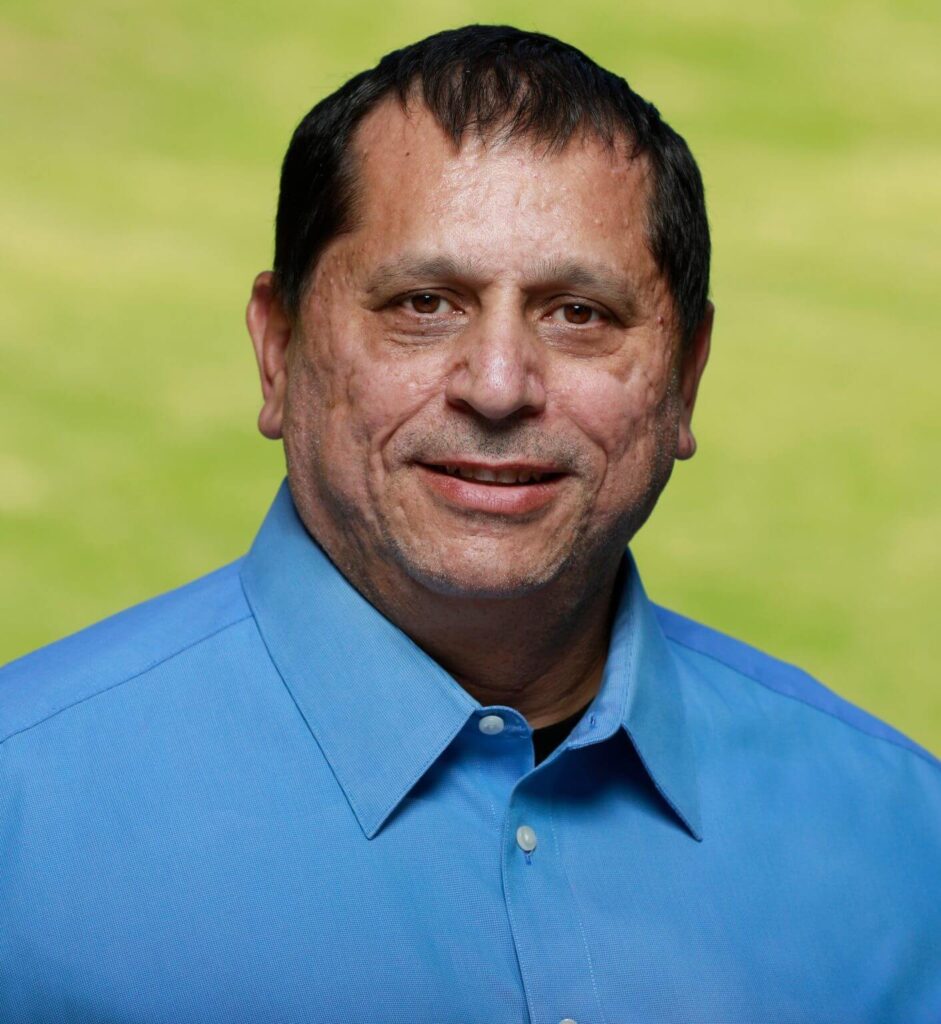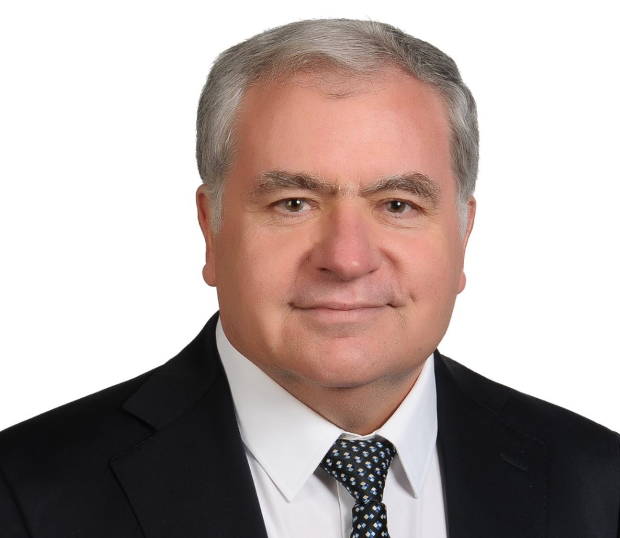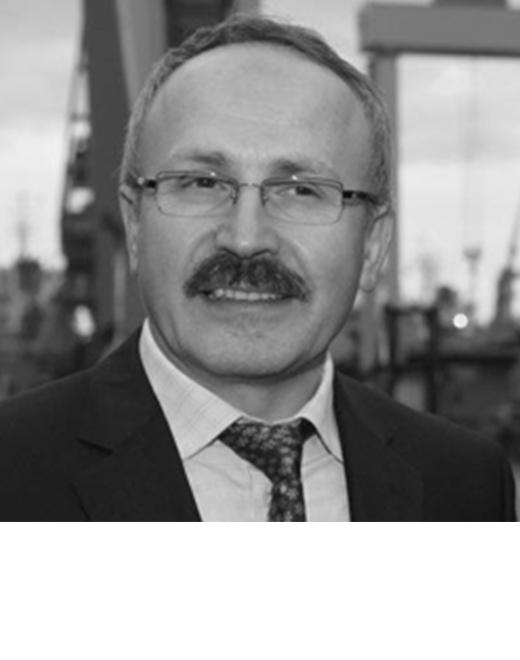Professor Ali Cemal Benim
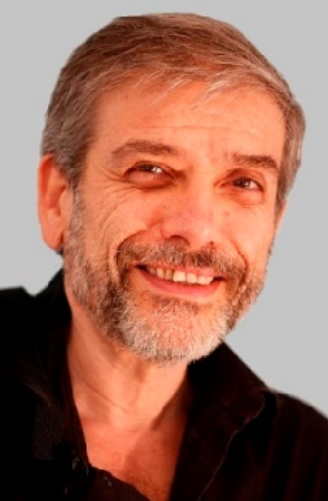
Name: Prof. Dr. Ali Cemal Benim
Title: Professor for Energy Technology, Düsseldorf University of Applied Sciences, Germany
Head, Center of Flow Simulation (CFS)
Presentation title:
Investigations on Cogeneration and Waste Heat Recovery via Thermoelectric Generators
Abstract:
A thermoelectric generator (TEG) is a semiconductor device, which achieves a direct conversion of heat in to electrical energy. The electric power produced by a TEG is strongly influenced by the applied heat sink. While a TEG is aimed at harvesting waste heat, the optimization of the efficiency of the heat sink is a key task for the design of waste heat recovery systems implementing TEG. A TEG model is proposed and implemented in an open source toolbox for field operation and manipulation (OpenFOAM) for the purpose of performing optimizations of the heat sink, using a commercially available TEG as basis. This model includes the multi-physics thermoelectric coupled effects. Conservation principles of energy and current are considered simultaneously. This includes the thermal and electric conduction, Seebeck effect, Peltier effect, Thomson effect, and Joule heating. Much attention is paid to model validation. On the one hand, different modelling aspects are validated based on the measurements from the literature. On the other hand, specialized experiments are performed on an in-house test rig, which is developed to this purpose. Within this framework, aspects are explored, which have not been investigated in detail before, including the effect of variable temperature patterns.
Based on the models, TEG applications are presented, which aim the utilization of waste heat from a forging process and cogeneration from the abundantly available heat released by biomass combustion. Optimization procedures are additionally utilized in designing the corresponding cooling systems.
Biography
Prof. Dr.-Ing. habil. Ali Cemal Benim received his B.Sc. and M.Sc. degrees in Mechanical Engineering at the Bogazici University, Istanbul, Turkey. He earned his Ph.D. degree at the University of Stuttgart, Germany, at the Institute of Process Engineering and Power Plant Technology of the Faculty of Energy Technology with degree of distinction (summa cum laude) on the topic Finite Element Modeling of Turbulent Flames.
Subsequently, he worked about seven years in the R&D department Thermal Machinery Laboratory of ABB Turbo Systems Ltd. in Baden, Switzerland. He was the manager of the group Computational Flow and Combustion Modeling.
Since 1996, he is Professor for Energy Technology at the Düsseldorf University of Applied Sciences, at the Faculty of Mechanical and Process Engineering, since 2012 leading the Center of Flow Simulation (CFS).
Prof. Benim is the Executive Editor of Progress in Computational Fluid Dynamics, the Section Editor-in-Chief of Fire, Associated Editor of Computation and has further editorial positions in a number scientific journals.

















